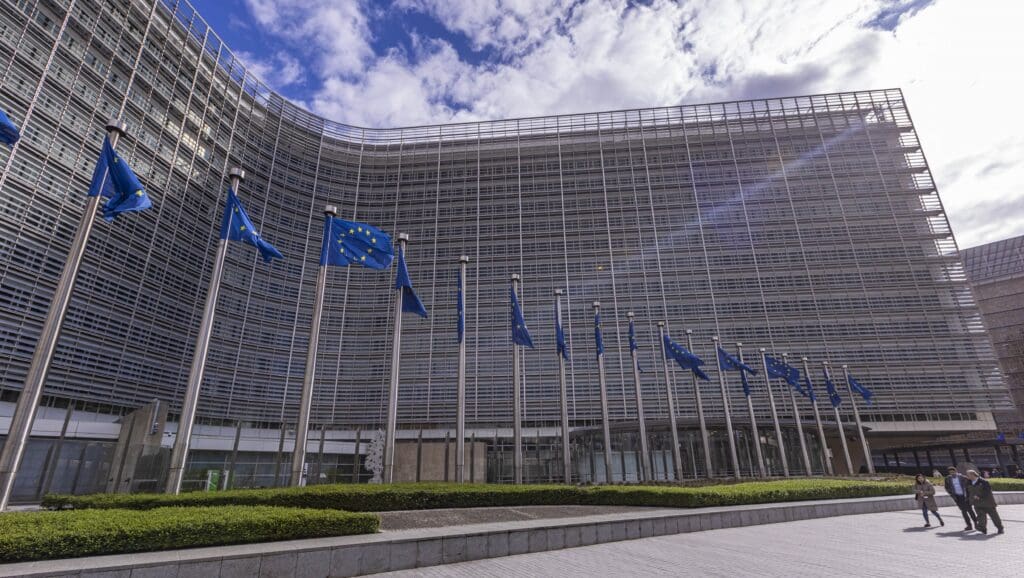
The question is not whether the idea of a United States of Europe is fantasy or reality. The question is whether, when the shroud comes down and it becomes clear how deep the foundations of the new political order have been laid, there will be a way back or not.
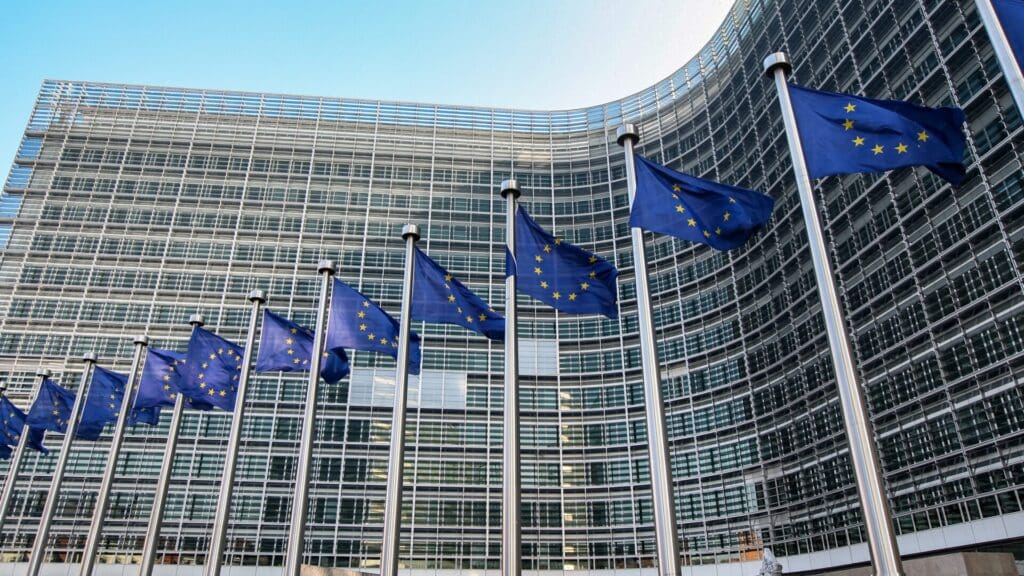
‘‘‘More power to Brussels! Down with the nations!’’ is the motto that best describes what the Commission and the EP agree on. As for the differences in opinion, they are only rooted in the question of where exactly in Brussels the power that has been taken from the Member States should be concentrated.’

Hungary’s voting rights in the EU could be suspended if it does not vote in favour of a proposal to amend the EU’s multiannual budget to give Ukraine €50 billion in aid from the common European budget over the next five years.
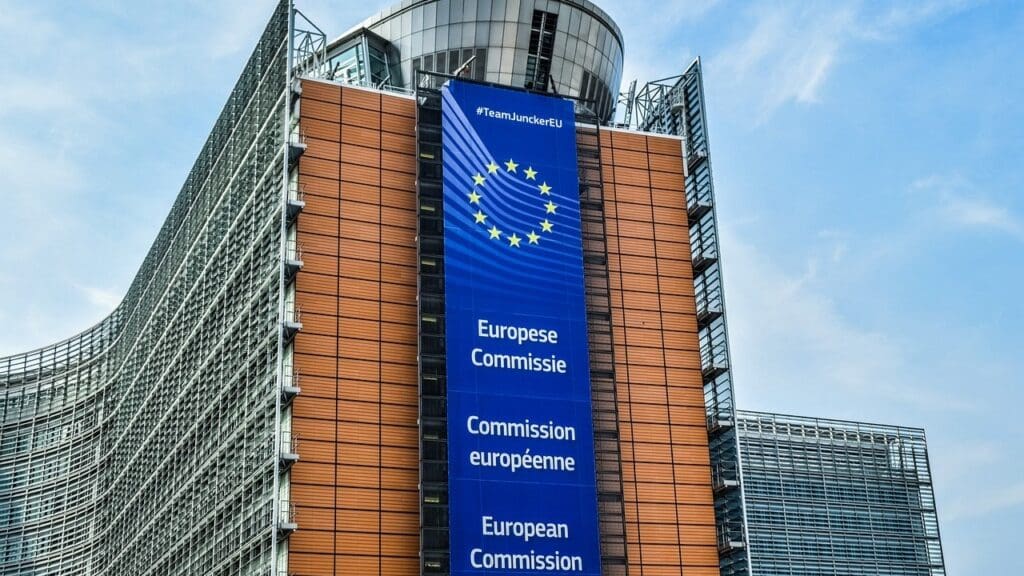
As the European Commission’s politicization takes place without real democratic political legitimacy, serious dilemmas arise: what exactly are the interests of the President of the European Commission, and whom does she represent when she gives her annual State of the Union Address?
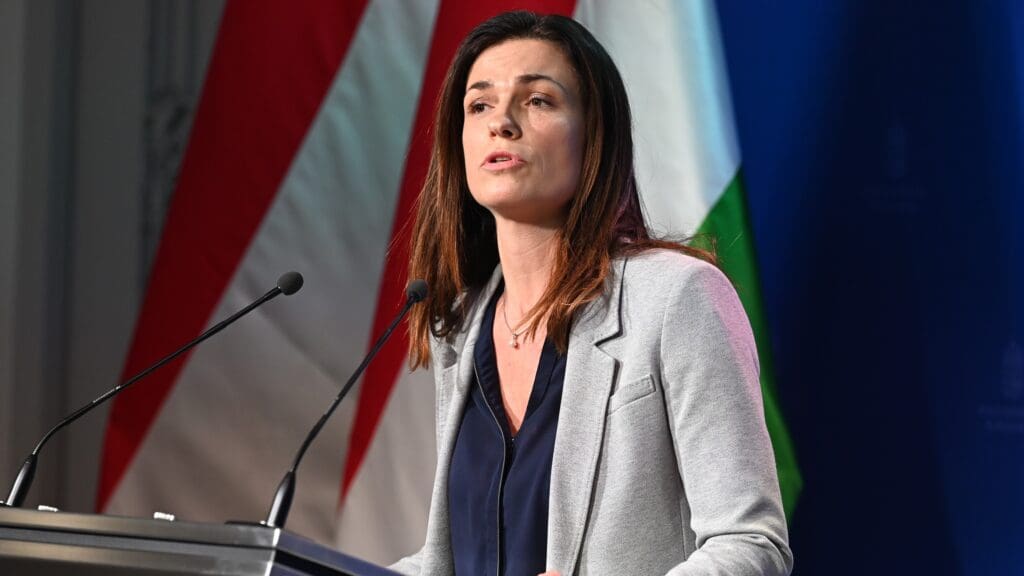
The Hungarian government has recently announced a significant legal initiative: under the Hungarian Council presidency, the creation of a new rule of law assessment procedure overseeing EU institutions could be put on the agenda.
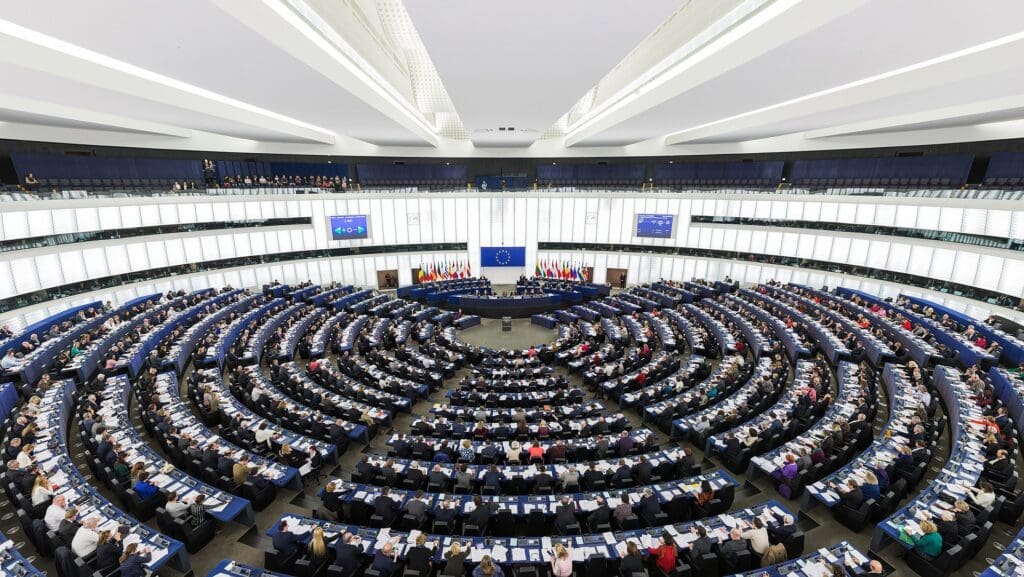
‘We should not turn a blind eye to the EP representatives who seem to be out of line with their role. Repositioning the power of the EP is actually part of a wider phenomenon that tries to outsource political decision-making from the democratic frameworks of the Member States and thereby reduce the influence of voters on the fate of their own country.’
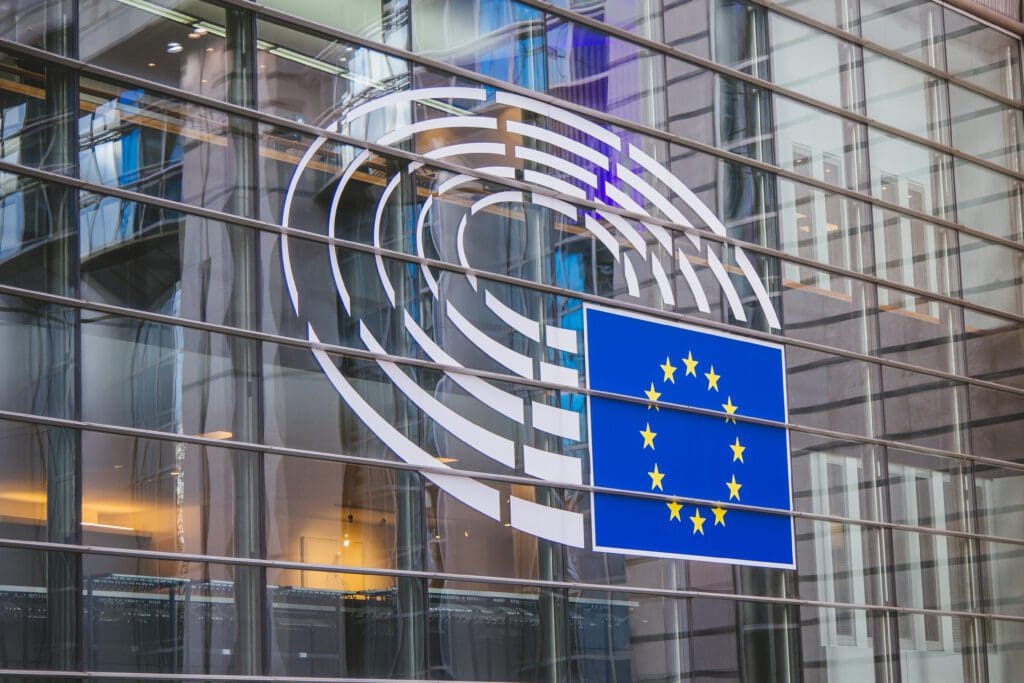
What works well in painting does not necessarily work well in politics, law and international relations. It’s time to make the details count instead of vague ‘impressions’ and the elusive ‘overall picture.’

It has become fashionable to portray Member States’ right of veto as a prehistorical tool, which prevents the EU from functioning efficiently. In reality, unanimous decision-making is a key condition for joint EU action in the most sensitive areas, which should be valued rather than defeated.

Hungarian Conservative is a quarterly magazine on contemporary political, philosophical and cultural issues from a conservative perspective.